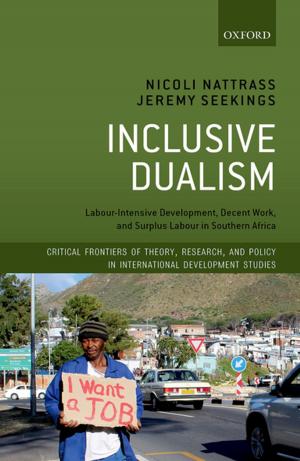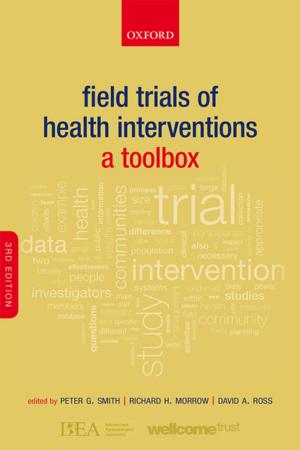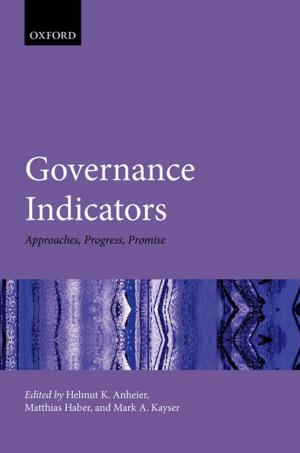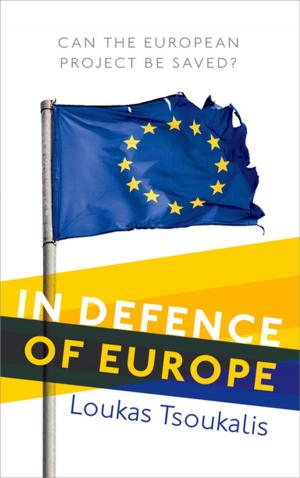International Anti-Corruption Norms
Their Creation and Influence on Domestic Legal Systems
Nonfiction, Reference & Language, Law, International, Social & Cultural Studies, Political Science| Author: | Cecily Rose | ISBN: | 9780191057069 |
| Publisher: | OUP Oxford | Publication: | August 13, 2015 |
| Imprint: | OUP Oxford | Language: | English |
| Author: | Cecily Rose |
| ISBN: | 9780191057069 |
| Publisher: | OUP Oxford |
| Publication: | August 13, 2015 |
| Imprint: | OUP Oxford |
| Language: | English |
The creation of international anti-corruption norms through non-binding instruments and informal institutions can privilege the interests of powerful states and raise questions about the legitimacy of these institutions and the instruments they produce. At the same time, the anti-corruption instruments created under the auspices of these institutions also show that non-binding instruments and informal institutions carry significant advantages. The non-binding instruments in the anti-corruption field have a clear capacity to influence domestic legal systems that is comparable to, if not greater than, that of binding treaties. This book examines the creation of international anti-corruption norms by states and other actors through four markedly different institutions: the Organisation for Economic Co-operation and Development, the United Nations, the Extractive Industries Transparency Initiative, and the Financial Action Task Force. Each of these institutions oversees an international instrument that requires states to combat corruption - yet only the United Nations oversees anti-corruption norms that take the sole form of a binding multilateral treaty. The OECD has, by contrast, fostered the development of the binding 1997 OECD Anti-Bribery Convention, as well as non-binding recommendations and guidance associated with treaty itself. In addition, the revenue transparency and anti-money laundering norms developed through the Extractive Industries Transparency Initiative and the Financial Action Task Force, respectively, take the form of the non-binding instruments that have no relationship with multilateral treaties. With corruption at the forefront of political debate, International Anti-Corruption Norms provides timely guidance on the burgeoning debate surrounding international finance and natural resources extraction, as well as other forms of modern-day corruption, and the most effective methods of tackling these global political issues.
The creation of international anti-corruption norms through non-binding instruments and informal institutions can privilege the interests of powerful states and raise questions about the legitimacy of these institutions and the instruments they produce. At the same time, the anti-corruption instruments created under the auspices of these institutions also show that non-binding instruments and informal institutions carry significant advantages. The non-binding instruments in the anti-corruption field have a clear capacity to influence domestic legal systems that is comparable to, if not greater than, that of binding treaties. This book examines the creation of international anti-corruption norms by states and other actors through four markedly different institutions: the Organisation for Economic Co-operation and Development, the United Nations, the Extractive Industries Transparency Initiative, and the Financial Action Task Force. Each of these institutions oversees an international instrument that requires states to combat corruption - yet only the United Nations oversees anti-corruption norms that take the sole form of a binding multilateral treaty. The OECD has, by contrast, fostered the development of the binding 1997 OECD Anti-Bribery Convention, as well as non-binding recommendations and guidance associated with treaty itself. In addition, the revenue transparency and anti-money laundering norms developed through the Extractive Industries Transparency Initiative and the Financial Action Task Force, respectively, take the form of the non-binding instruments that have no relationship with multilateral treaties. With corruption at the forefront of political debate, International Anti-Corruption Norms provides timely guidance on the burgeoning debate surrounding international finance and natural resources extraction, as well as other forms of modern-day corruption, and the most effective methods of tackling these global political issues.















